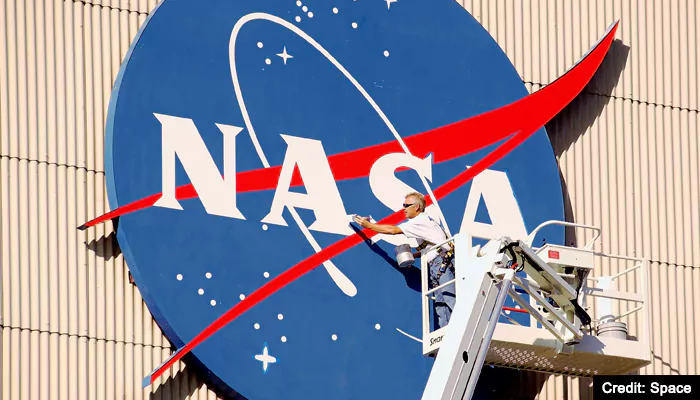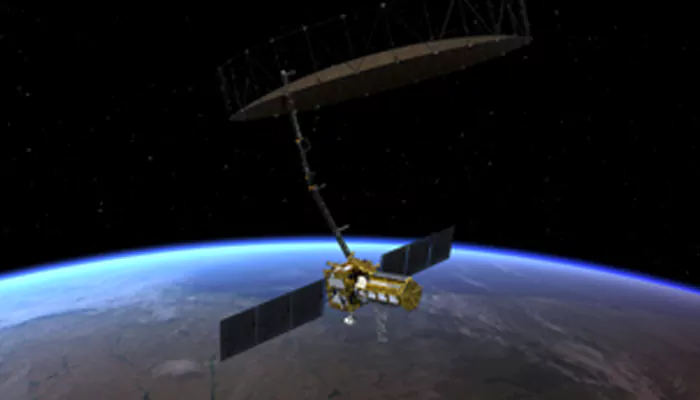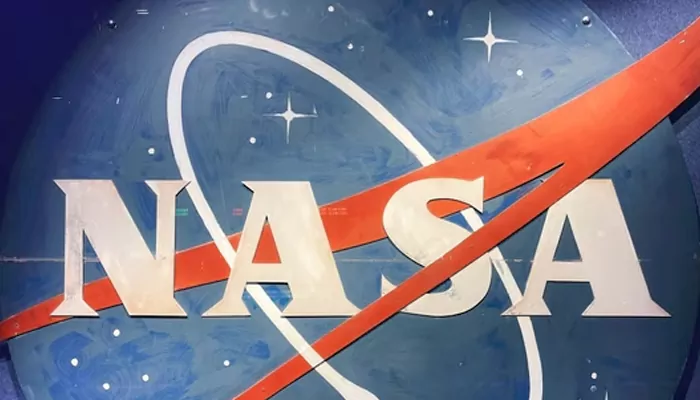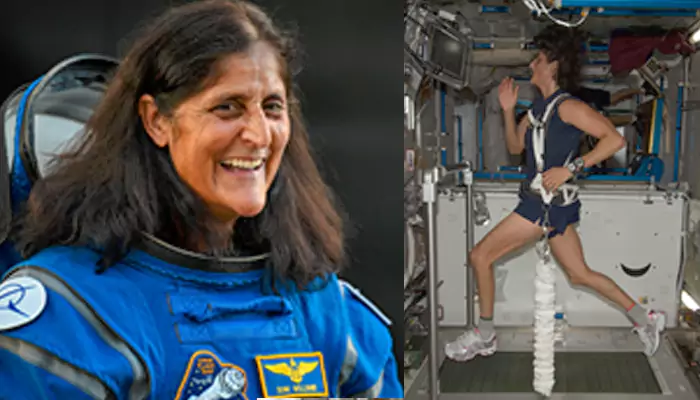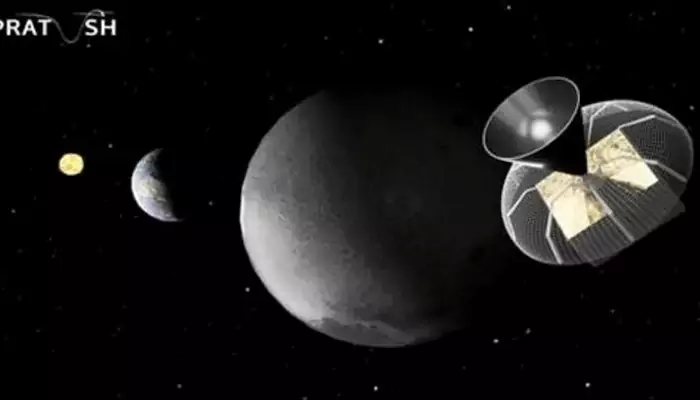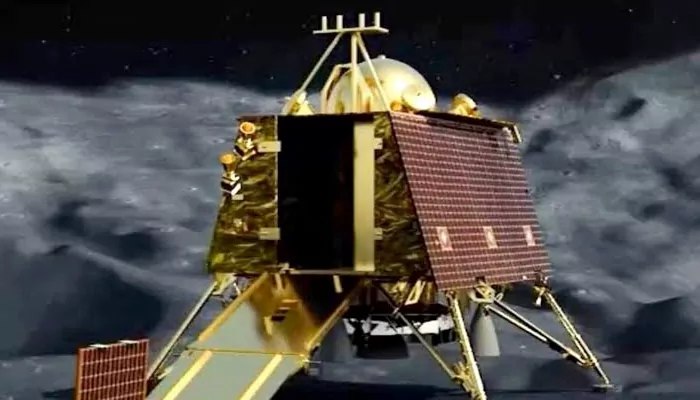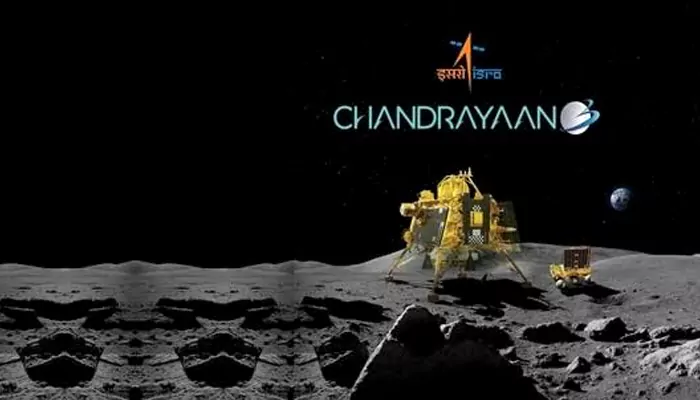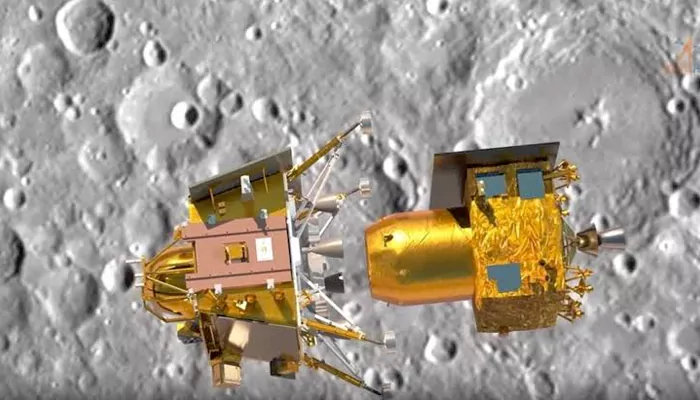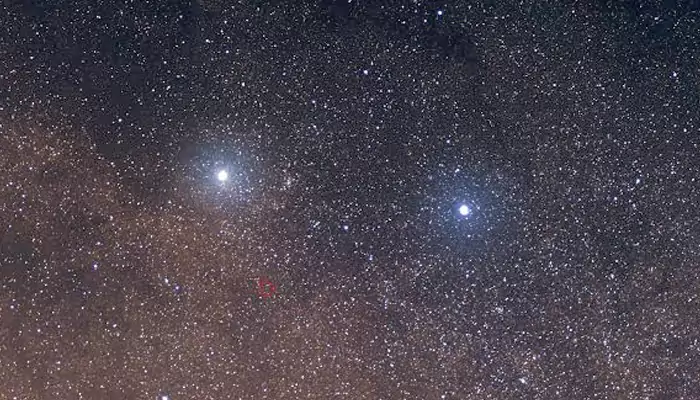On This Day (July 20), 1969 - Neil Armstrong Became The First Human To Walk On Moon: Why Was He Chosen For It?
- Admin
- 1 year ago
- 4 minutes read

On July 20, 1969, astronauts Neil Armstrong and Buzz Aldrin landed on the lunar surface as part of NASA's Apollo 11 mission.
"That's one small step for a man, one giant leap for mankind!"
To the moon... and back! We often use this phrase, but we hardly realize the immense weight that it holds. Neil Armstrong, the late American astronaut, knew what it actually means. Because he literally made it a reality, marking one of the landmark achievements of mankind. And it did not just happen overnight. Former US President John F Kennedy had this dream of sending an American to the moon by the end of the '60s. Thousands of engineers and scientists at NASA, the US space agency, worked tirelessly for over 8 years to make it happen. Finally, the mission, Apollo 11, was launched on July 16, 1969, and eventually landed on the lunar surface on July 20.
Neil Armstrong – the man, the myth, the legend
Thus, Neil Armstrong became the first human to walk on the moon, emerging as a legend for generations to come. And here comes an important question; why was he chosen for this remarkable honor? It could be the Lunar Module Pilot Buzz Aldrin who joined him on the Moon 19 minutes later. Or it could be anyone among the many high-ranked astronauts at NASA who had the required skills and expertise. Today, on the 55th anniversary of the historic event (also, International Moon Day), let's try to find out the answer.
It was not planned from the beginning
Contrary to popular belief, Armstrong wasn’t planned from the beginning to be the first human on the Moon. A group of 29 astronauts were being trained at NASA for Apollo 11. In January 1969, three among them - Neil Armstrong, Edwin Buzz Aldrin, and Michael Collins - were selected to be the official crew members for the mission. Michael Collins was immediately announced as the command module pilot, and hence all the speculations (regarding who would step on the Moon first) revolved around Armstrong and Aldrin.
Armstrong was then declared as the space commander, and Aldrin the Lunar Module Pilot. In all previous missions, the commander would stay inside the spacecraft, and the pilot would go out for the spacewalk. So, obviously, everyone thought Aldrin would be the candidate. As Chris Kraft, head of Mission Control, later wrote, “Buzz Aldrin desperately wanted the honor and wasn’t quiet in letting it be known.” Armstrong, on the other hand, shared in an interview later, "Circumstance put me into that particular role. That wasn't planned by anyone."

Neil Armstrong posing with an X-15
But Why Neil Armstrong?
Armstrong was announced to be the candidate just three months before the launch. And there are several theories regarding why he was chosen.
First, of all, he was a remarkably humble person who never cared about fame. While Aldrin reportedly wanted the honor, Armstrong never expressed his desire for the same. As space historian Rod Pyle, author of 'First on the Moon: The Apollo 11 50th Anniversary Experience', wrote, "Neil Armstrong really was, right until the end of his life, an incredibly humble man awed by what he had done, but not terribly impressed by it."

On the other hand, he was renowned for his calm attitude and incredible ability to work under pressure (shown in several of his previous missions). NASA's Flight director Chris Kraft shared in a later interview, "Neil was Neil. Calm, quiet, and absolute confidence. We all knew that he was the Lindbergh type. He had no ego," adding that nobody wanted Aldrin to be "humanity’s ambassador".

The Trio of Apollo 11 - Neil Armstrong, Edwin Buzz Aldrin, and Michael Collins
However, there were some technical reasons as well. The main hatch on the lander did not open up or down but to the side. As NASA later explained, the two astronauts' positions in the lander were such that "to get out first, it would have been necessary for one bulky-suited, back-packed astronaut to climb over another", adding "When that movement was tried, it damaged the LM mockup."
Astronaut Deke Slayton later explained that he figured the commander ought to be the first guy out. "I changed it as soon as I found they had the timeline that showed Aldrin getting out first."
So that's how Neil Armstrong was chosen to be the first human on the Moon. The rest, as they say, is history!


 revolved around Armstrong and Aldrin. .webp)
